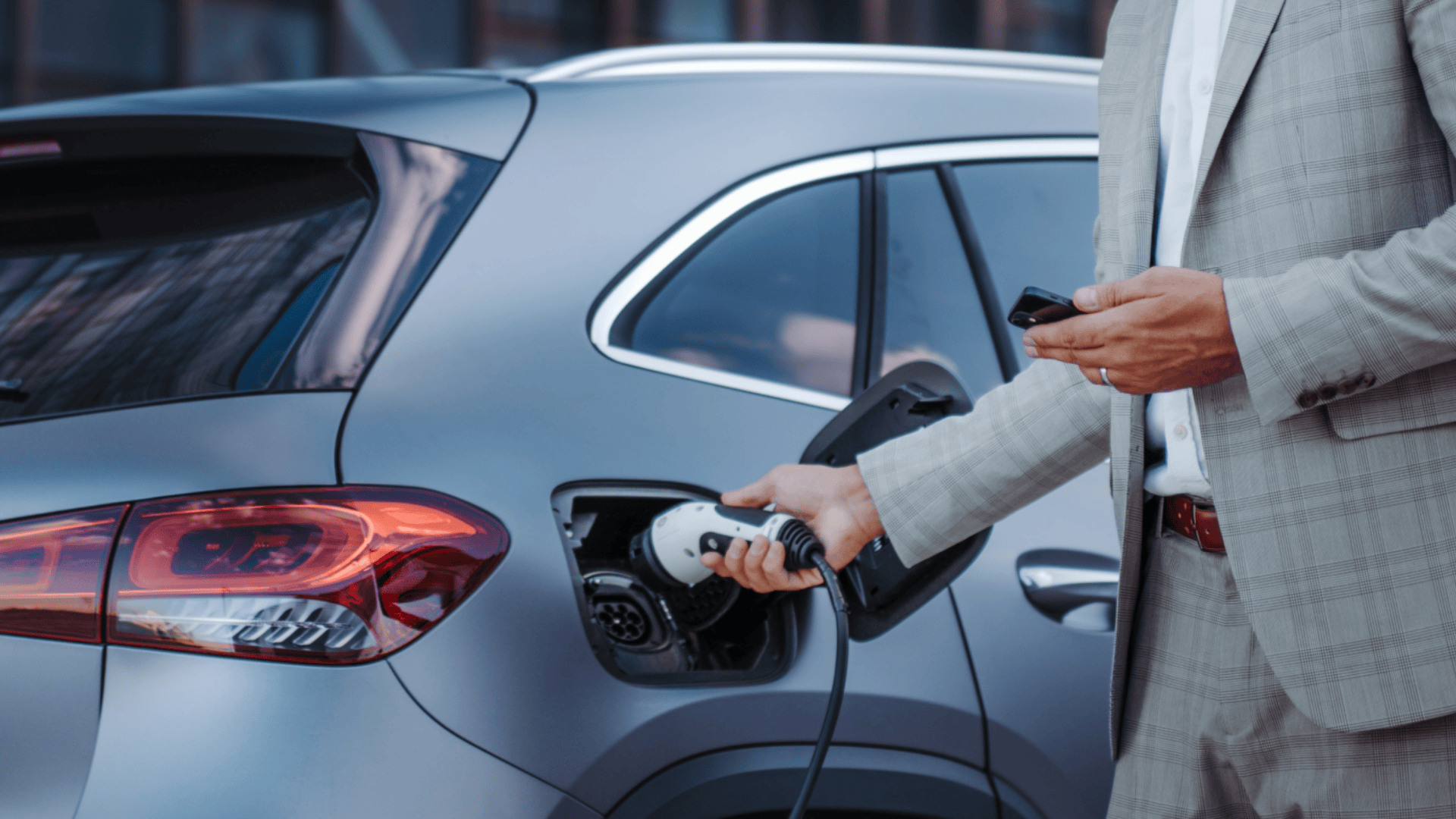How can the digital transformation in car dealerships succeed?
05.06.2025
The digital transformation in the automotive trade is in full swing – Alternative drives and technologies, new sales channels and changing customer behavior require new approaches in established car dealership structures. In this transformation, digitalization is no longer a trend, but a decisive success factor. For car dealerships, this means that now is the right time to position themselves for the future.
Klare Strategie als Basis
Bevor Sie starten, sollten Sie genau wissen, welche Ziele Sie mit der Autovermietung verfolgen: Geht es um zusätzliche Umsätze, eine bessere Fahrzeugauslastung oder die Gewinnung neuer Kundengruppen? Eine klar definierte Strategie sorgt dafür, dass alle weiteren Entscheidungen – von der Flottenplanung bis zum Marketing – aufeinander abgestimmt sind.
Zielgruppen und Marktnachfrage richtig verstehen und analysieren
Nicht jede Region und nicht jeder Kundenstamm bieten dieselben Chancen. Analysieren Sie lokale Miettrends und prüfen Sie, welche Kundengruppen besonders interessant sind. Geschäftskunden suchen oft nach langfristigen Rahmenverträgen und bestimmten Fahrzeugklassen, während Privatkunden eher auf kurzfristige Mobilität und attraktive Preise achten. Mit einer genauen Markt- und Zielgruppenanalyse können Sie Ihr Angebot optimal auf die Nachfrage abstimmen.
Die richtige Fahrzeugflotte für Ihre Autovermietung zusammenstellen
Die Flotte ist das Herzstück jeder Autovermietung. Sie sollte einerseits die Nachfrage abdecken, andererseits aber wirtschaftlich bleiben. Eine ausgewogene Mischung aus verschiedenen Fahrzeugklassen – vom Kleinwagen bis zum Transporter – erhöht Ihre Attraktivität und Flexibilität. Gleichzeitig sichern Sie sich so Wettbewerbsvorteile gegenüber dem Wettbewerb.
Mit einer durchdachten Preisstrategie punkten
Ein starres Preismodell wird den Anforderungen im Vermietungsgeschäft selten gerecht. Setzen Sie stattdessen auf eine dynamische Preisgestaltung, die saisonale Schwankungen, Auslastung und verschiedene Zielgruppen berücksichtigt. Aktionen für Stammkunden oder kurzfristige Rabatte können Nachfrage schaffen und helfen, Leerstände zu vermeiden.
Digitale Buchungssysteme nutzen
Kunden erwarten heutzutage einfache Prozesse. Digitale Lösungen wie Online-Reservierung, elektronische Vertragsabwicklung und eine kontaktlose Fahrzeugübergabe sorgen nicht nur für reibungslose Abläufe, sondern steigern auch die Kundenzufriedenheit und reduzieren den Verwaltungsaufwand.
Professionelles und flexibles Flottenmanagement aufbauen
Ein funktionierendes Flottenmanagement ist entscheidend für den Erfolg. Neben regelmäßiger Wartung und Sauberkeit der Fahrzeuge geht es vor allem um Flexibilität: Passen Sie Ihre Flotte an saisonale Schwankungen oder veränderte Kundennachfragen an und entwickeln Sie Ihr Angebot kontinuierlich weiter. So bleiben Sie wettbewerbsfähig und vermeiden unnötige Kosten.
Marketing gezielt für Ihre Autovermietung einsetzen
Eine Autovermietung wird nur dann erfolgreich, wenn sie sichtbar ist. Nutzen Sie Ihre Website, Newsletter und Social-Media-Kanäle, um Ihre Angebote zu präsentieren. Zeigen Sie Ihre Fahrzeugvielfalt, kommunizieren Sie Aktionen und binden Sie Bestandskunden gezielt an Ihr Autohaus.
Vertrieb einbinden: Synergien zwischen Autohaus und Autovermietung nutzen
Ihr Verkaufsteam kann ein starker Multiplikator sein: Wird die Autovermietung aktiv im Kundengespräch angeboten, entstehen zusätzliche Kontaktpunkte und eine höhere Buchungsquote. Viele Kunden wissen oft gar nicht, dass eine flexible Mietlösung im Autohaus verfügbar ist. Spricht das Team die Vermietung gezielt an, sehen Kunden sofort den praktischen Mehrwert.
Schulungen sorgen dafür, dass Ihr Team die Vorteile überzeugend kommunizieren kann und Gelegenheiten erkennt, bei denen sich eine Vermietung besonders anbietet. Zudem kann die Autovermietung auch den Fahrzeugverkauf unterstützen: Kunden haben die Möglichkeit, Modelle nicht nur kurz Probe zu fahren, sondern sie über mehrere Tage im Alltag zu testen – eine Erfahrung, die die Kaufentscheidung positiv beeinflussen kann.
Rechtliche Rahmenbedingungen beachten
Ein professioneller Betrieb braucht rechtliche Sicherheit. Klären Sie deshalb alle Fragen zu Versicherungen, Haftung und Vertragsgestaltung, bevor Sie starten.
So vermeiden Sie Risiken und sorgen für reibungslose Abläufe – sowohl für Ihr Autohaus als auch für Ihre Kunden.
Starke Partnerschaften nutzen
Ein erfahrener Partner kann den Einstieg erheblich erleichtern. Mit Mobility Partnership unterstützen wir Autohäuser dabei, ihre Flotten effizient aufzustellen und eine erfolgreiche Vermietung zu etablieren.
Fazit
Eine Autovermietung in einem Autohaus ist mehr als nur ein Zusatzgeschäft: Sie eröffnet neue Umsatzpotenziale, stärkt die Kundenbindung und steigert die Wettbewerbsfähigkeit. Mit einer klaren Strategie und einem starken Partner können Autohäuser die Vermietung professionell etablieren und langfristig erfolgreich betreiben.








